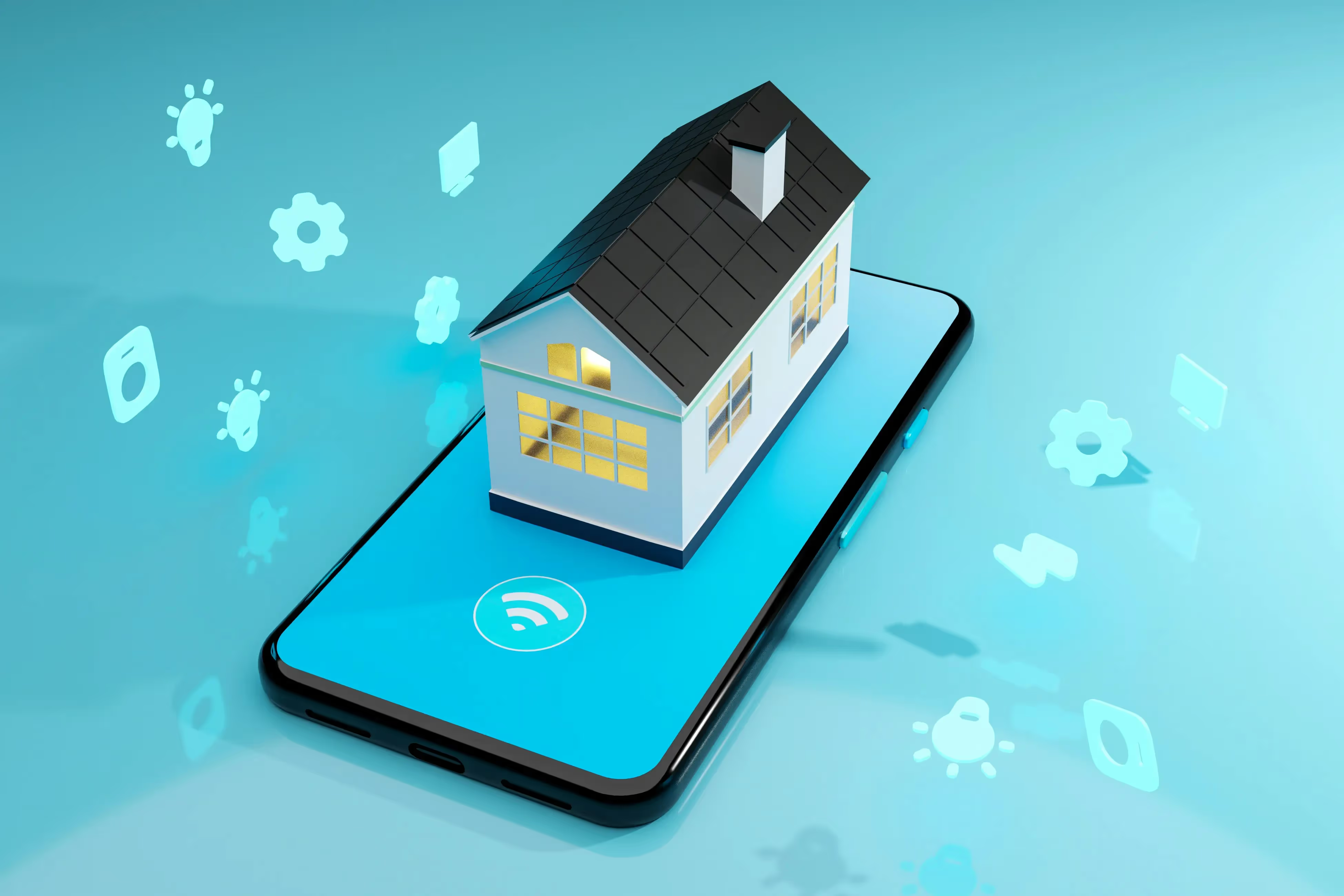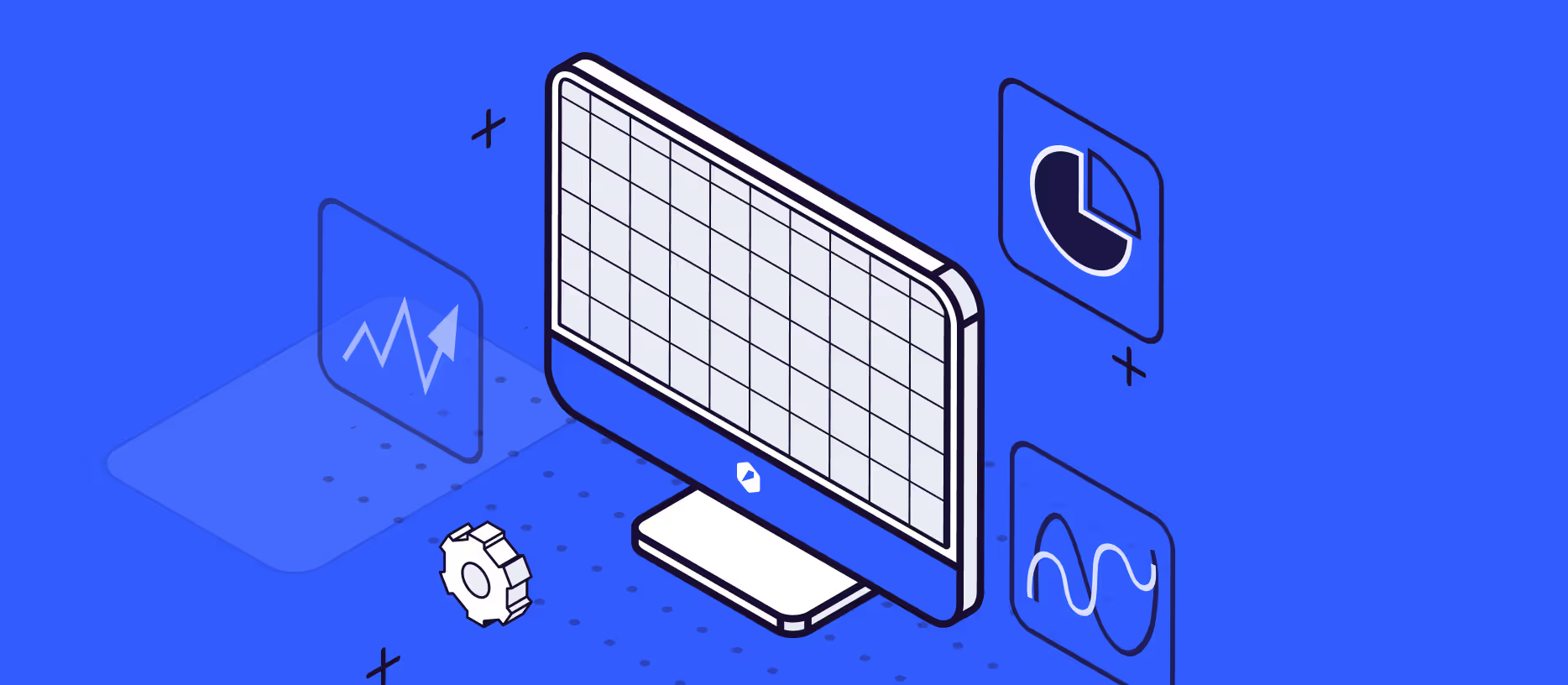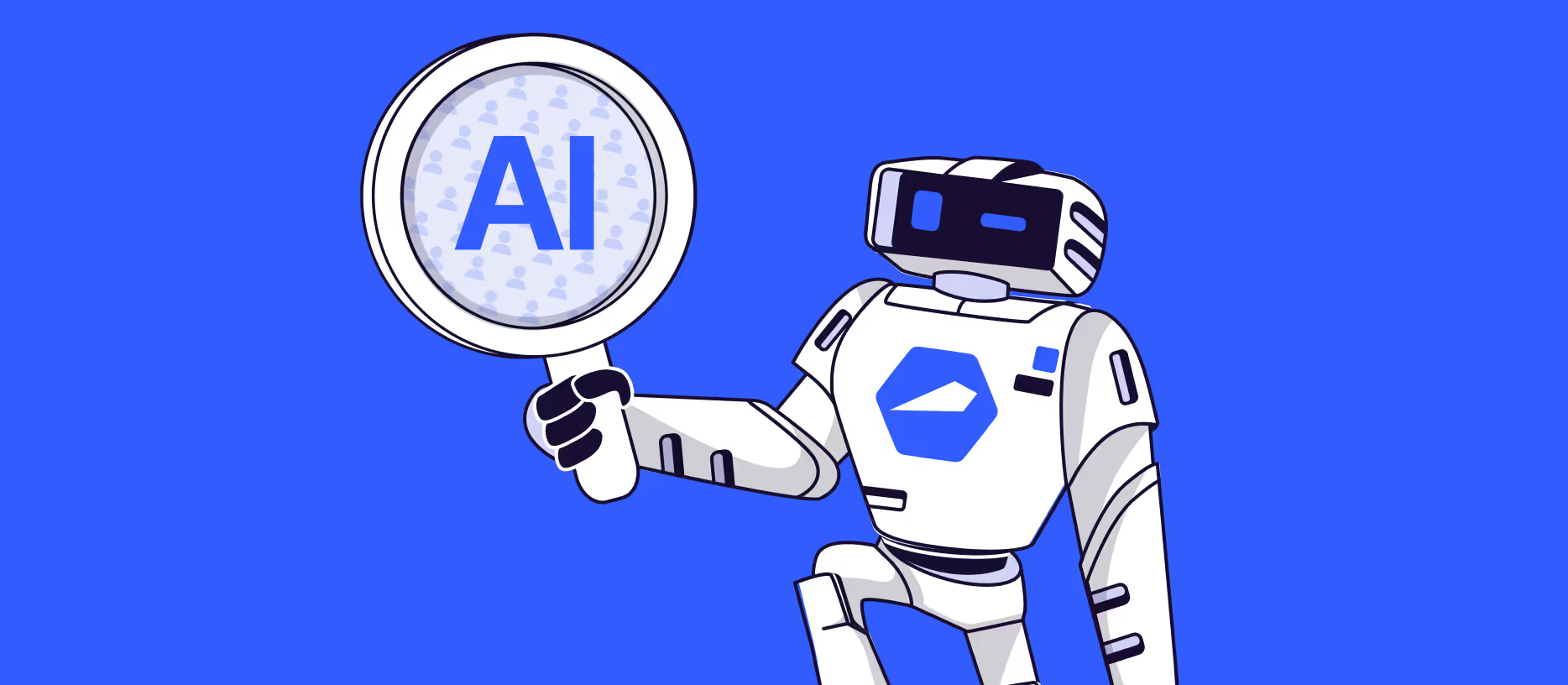In today’s competitive market, businesses need smarter, faster ways to attract and convert high-quality leads. Artificial Intelligence (AI) has revolutionized lead generation by automating tedious tasks, predicting buyer behavior, and delivering hyper-personalized experiences at scale. Whether you’re a startup or an enterprise, integrating AI tools into your strategy can save time, reduce costs, and unlock new growth opportunities. An advanced AI lead generation tool can enhance the process of acquiring leads through personalized and engaging outreach strategies.
In this guide, we’ll explore the best AI tools for lead generation in 2024 and share actionable tips to help you harness their power.
What is AI Lead Generation?
AI lead generation refers to the use of artificial intelligence (AI) to automate and optimize the process of finding, qualifying, and nurturing leads. AI lead generation tools leverage machine learning algorithms to analyze vast datasets, identify patterns, and predict customer behavior. This enables businesses to target high-quality leads, personalize interactions, and improve conversion rates. By integrating AI lead generation tools into your strategy, you can streamline your lead generation process, ensuring that you focus on the most promising prospects and ultimately drive growth and revenue.
AI-powered tools address common pain points in lead generation, such as:
- Time-consuming manual processes (data entry, lead scoring, follow-ups).
- Generic outreach that fails to resonate with prospects.
- Missed opportunities due to slow response times.
By automating workflows and leveraging predictive analytics, AI helps businesses:
✅ Prioritize high-intent leads.
✅ Deliver tailored messaging at scale.
✅ Optimize ad spend and ROI.
Key Challenges in Lead Generation
Lead generation is a critical component of a business’s sales and marketing strategy, but it comes with its own set of challenges. Some of the key challenges in lead generation include:
- Identifying high-quality leads: Sifting through large volumes of data to find leads that are genuinely interested in your product or service can be daunting.
- Personalizing interactions with leads: Crafting personalized messages that resonate with each lead requires significant time and effort.
- Predicting customer behavior: Understanding and anticipating the needs and actions of potential customers is complex and often inaccurate.
- Scaling lead generation efforts: As your business grows, scaling your lead generation efforts without compromising quality becomes increasingly difficult.
- Measuring and evaluating effectiveness: Tracking the success of your lead generation efforts and making data-driven decisions can be challenging.
AI-powered lead generation can help businesses overcome these challenges by providing a more efficient, personalized, and predictive approach to lead generation. By leveraging AI, you can ensure that your lead generation efforts are more targeted, scalable, and effective.
7 Best AI Tools for Lead Generation in 2024
1. Leadspicker AI Lead Finder

Perfect for: Automated prospecting and intent-based targeting.Leadspicker’s proprietary AI scours millions of data points to identify prospects actively searching for solutions like yours. Its intent detection engine analyzes search behavior, social signals, and website interactions to deliver real-time leads. This tool efficiently identifies new leads that align with your target audience, enhancing the quality and quantity of leads in your sales pipeline.
Key Features:
- Predictive lead scoring.
- CRM integration (Salesforce, HubSpot).
- Automated enrichment of contact details.
Use Case: A SaaS company used Leadspicker to increase SQLs (sales-qualified leads) by 70% in 3 months.
2. Drift (Conversational AI)

Perfect for: Instant engagement with website visitors.Drift’s AI chatbots engage prospects 24/7, answer questions, and book meetings. Its lead qualification feature uses NLP (Natural Language Processing) to route high-potential leads to sales teams. Drift's AI chatbots play a crucial role in guiding potential customers through the sales funnel, enhancing user engagement and capturing leads effectively.
Key Features:
- Custom chatbot workflows.
- Integration with Slack and Zoom.
- Real-time analytics.
3. Landbot

Perfect for:
Marketing, Growth, and RevOps teams that want to capture and qualify more leads through conversational experiences—without relying on developers or basic chat widgets.
Key features:
- No-code AI Agent builder for web and WhatsApp
- Hybrid conversations combining structured flows and AI-driven interactions
- AI Copilot that guides users through building, testing, and optimizing lead workflows
- Two-way integrations with CRMs and automation platforms (e.g. HubSpot, Make, n8n)
- Fully customizable, on-brand chat UI for higher trust and engagement
Why it matters for lead generation:
Landbot helps teams move beyond static forms and simple chatbots by turning conversations into high-converting lead workflows. Its hybrid approach gives teams control over qualification and routing while using AI to reduce friction and handle open-ended user intent. With real-time CRM sync and two-way integrations, lead data is captured, updated, and routed automatically—reducing manual work and improving lead quality.
4. HubSpot AI Assistant
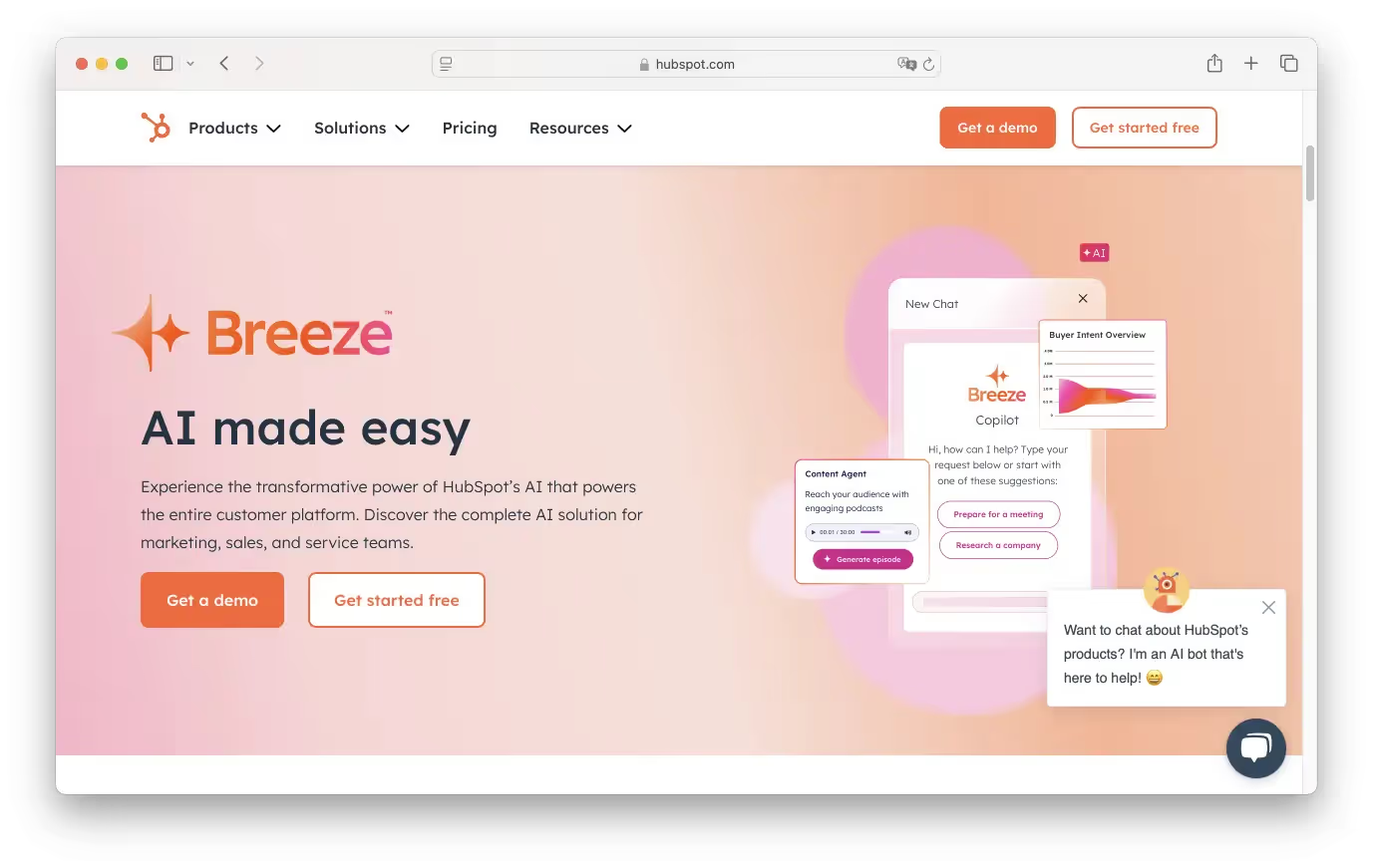
Perfect for: Personalized email campaigns and predictive analytics.HubSpot’s AI tools automate email personalization, predict churn risks, and recommend next-best actions for sales teams.
Key Features:
- AI-generated email copy.
- Predictive lead scoring.
- Content optimization tips.
As a comprehensive sales software, HubSpot's AI tools provide real-time access to verified contact information, enhancing your prospecting and customer connection efforts.
Pro Tip: Use HubSpot’s SEO Suggestions tool to create lead-generating blog content.
5. 6sense (Account-Based Marketing)
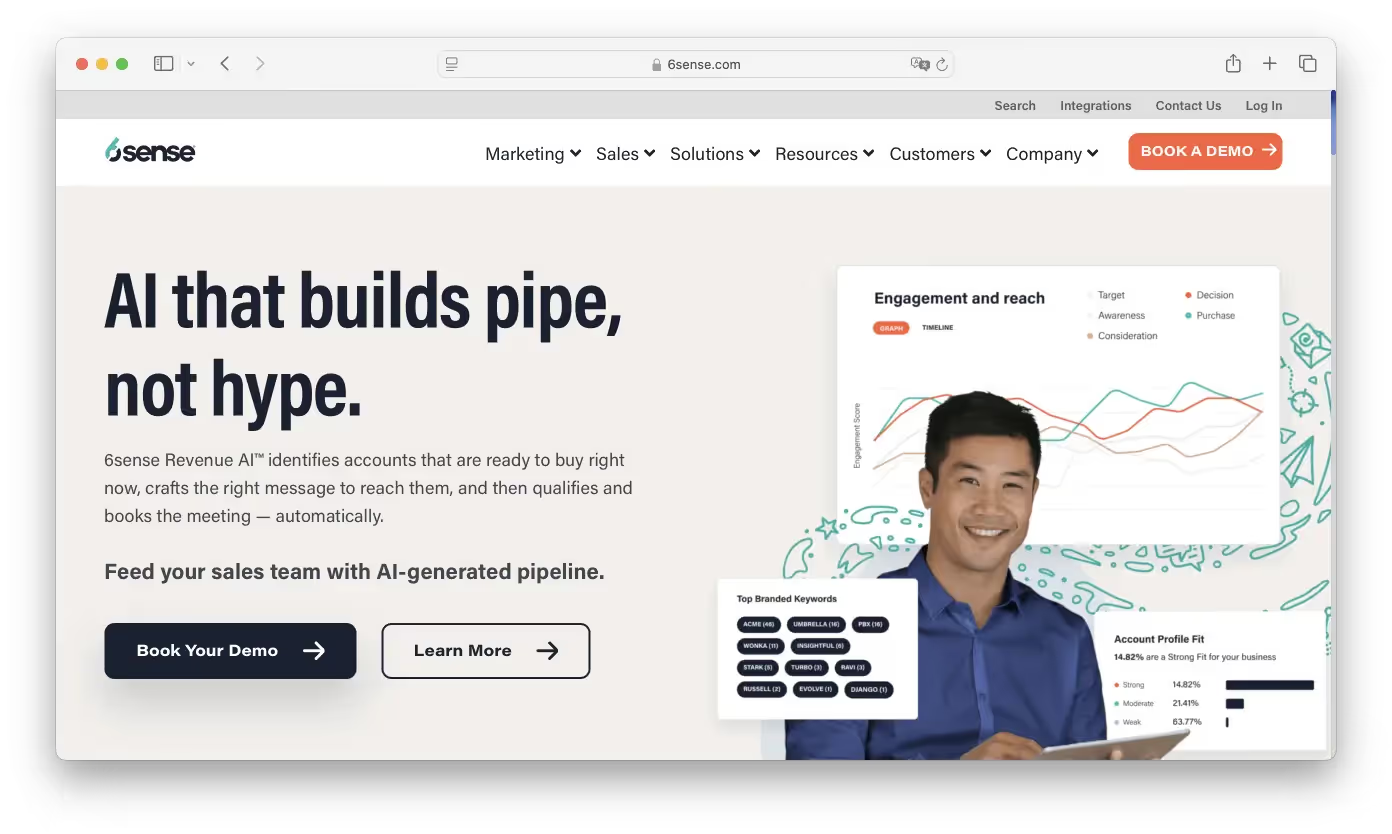
Perfect for: B2B companies targeting enterprise accounts.
6sense identifies anonymous buyers researching your products across the web. Its AI predicts which accounts are in-market and tailors outreach based on buyer intent.
Key Features:
- Anonymous buyer identification.
- ABM campaign automation.
- Competitor insights.
6. Copy.ai (AI Copywriting)
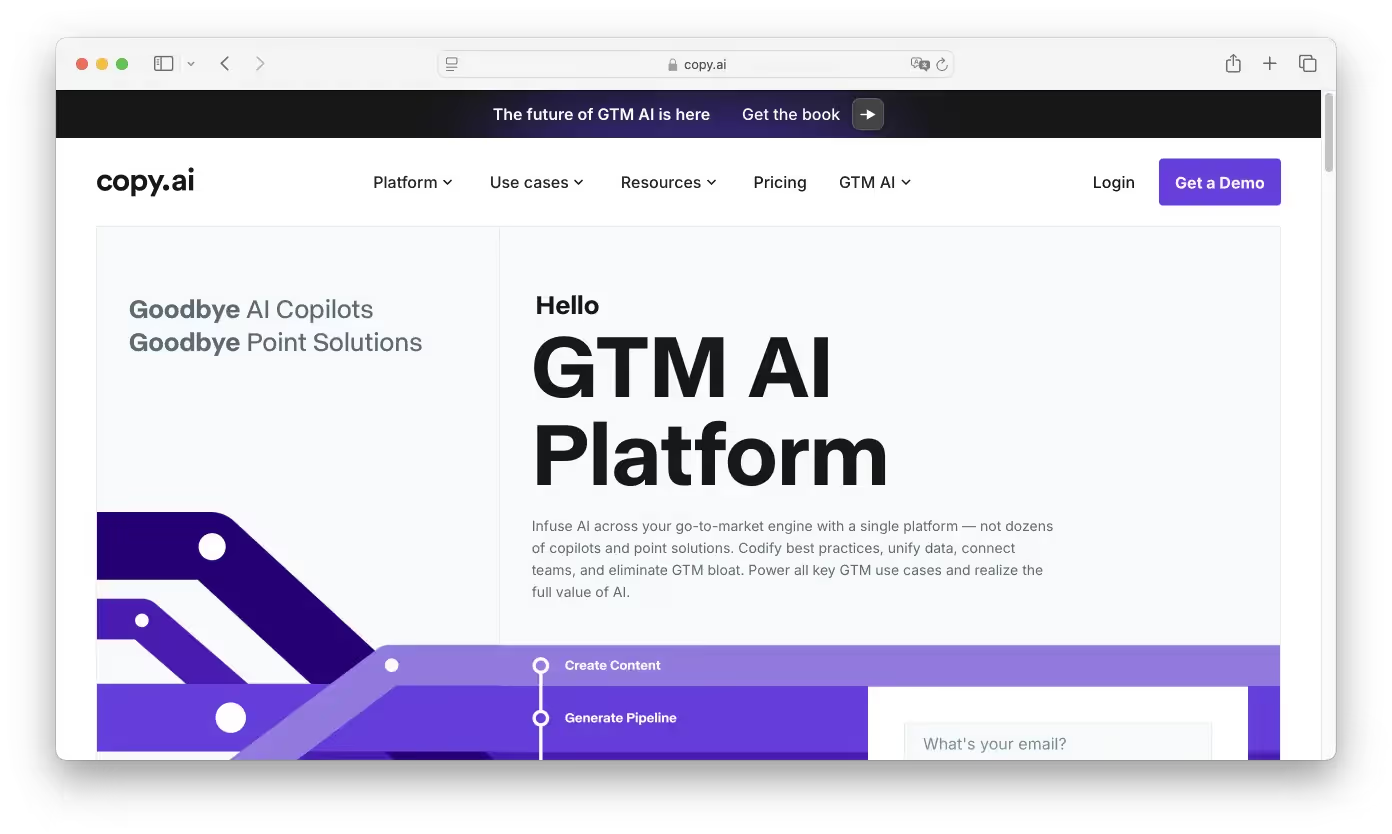
Perfect for: Scaling personalized outreach.
Generate high-converting email subject lines, LinkedIn messages, and ad copy in seconds. Customize outputs based on industry, tone, and prospect persona.
Key Features:
- 90+ content templates.
- Multi-language support.
- Brand voice customization.
Use Case: A real estate agency boosted open rates by 40% using Copy.ai for cold email campaigns.
7. Salesforce Einstein (CRM AI)
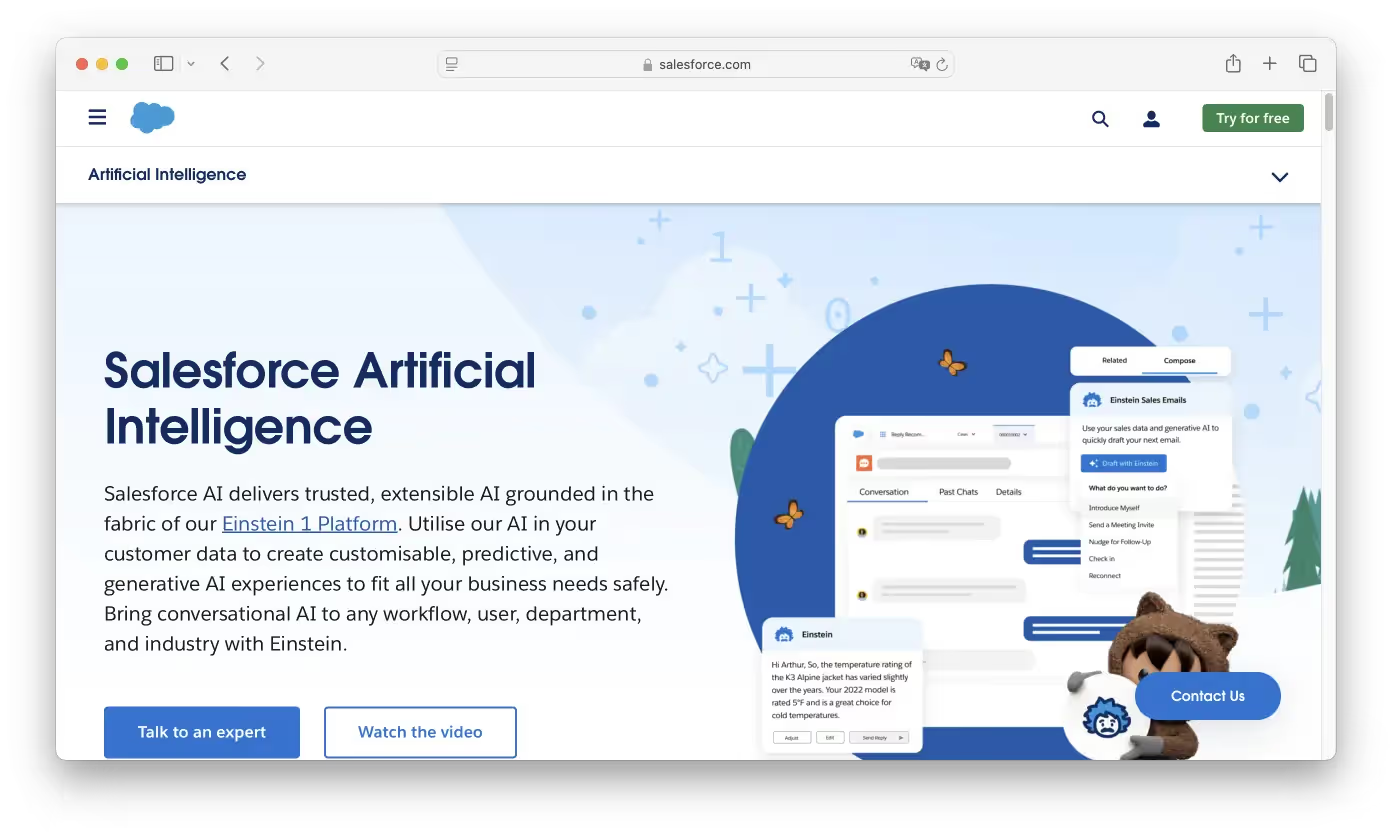
Perfect for: Automating lead management.
Einstein AI analyzes CRM data to forecast pipeline trends, prioritize leads, and recommend follow-up actions.
Key Features:
- Automated lead scoring.
- Opportunity insights.
- AI-driven sales forecasts.
8. AdRoll (AI-Powered Advertising)
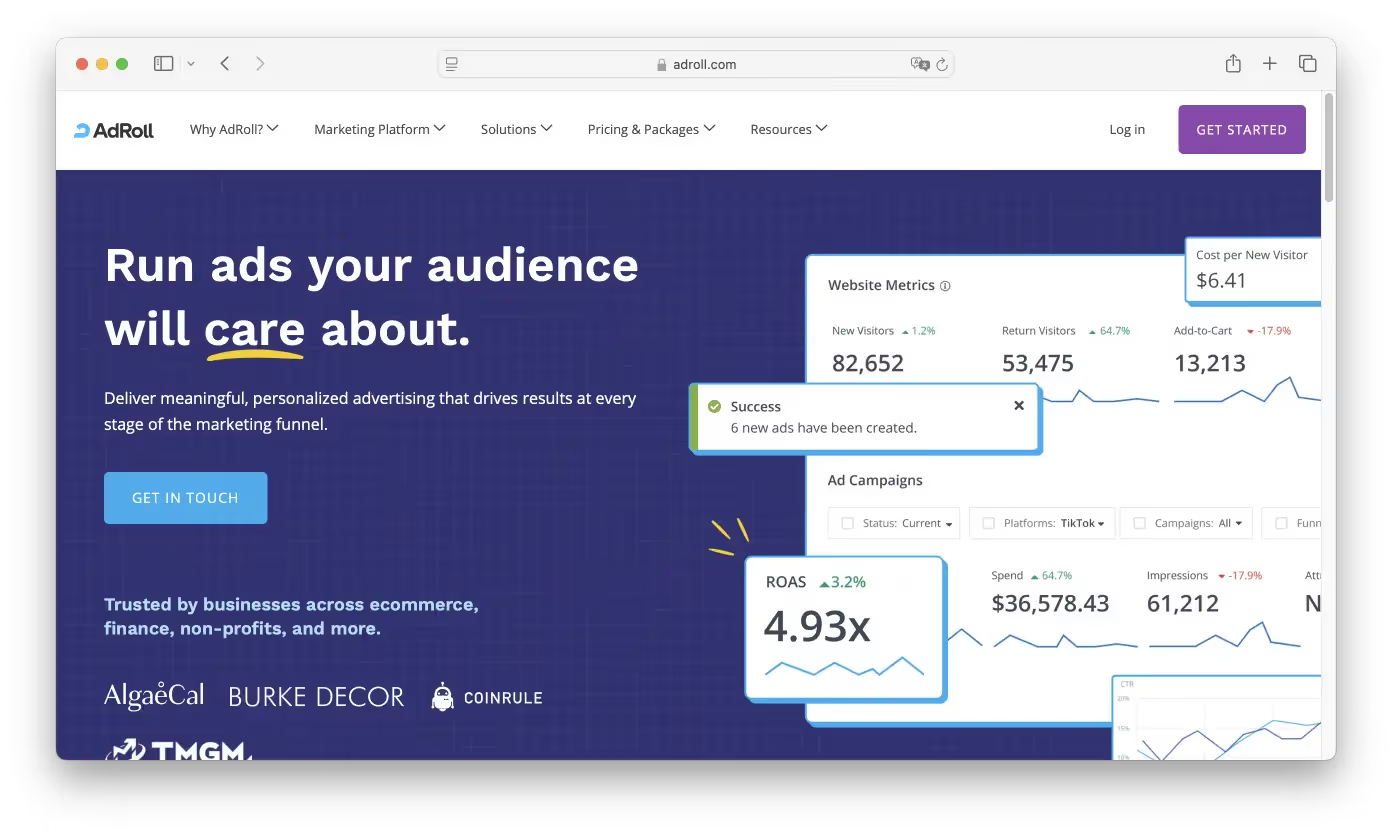
Perfect for: Retargeting and audience segmentation.
AdRoll’s AI optimizes ad spend across platforms like Facebook, Google, and Instagram. It targets lookalike audiences and retargets website visitors with dynamic ads.
Key Features:
- Cross-channel campaign automation.
- Dynamic creative optimization.
- Real-time ROI tracking.

How to Choose the Right AI Tools for Your Business
- Define Your Goals: Are you focused on prospecting, nurturing, or closing leads?
- Check Integrations: Ensure tools sync with your CRM, email platform, and analytics.
- Start Small: Pilot one tool (e.g., Leadspicker for prospecting) before scaling.
- Measure ROI: Track metrics like cost per lead, conversion rate, and sales cycle length.
- Craft personalized messages for targeted leads: Address their specific pain points and goals, enhancing engagement and connection with potential customers.
AI Compare: Traditional vs. AI-Powered Lead Generation
Traditional lead generation methods are often time-consuming, slow, and prone to error. In contrast, AI-powered lead generation offers lightning-fast efficiency, scalability, and accuracy. Here are some key differences between traditional and AI-powered lead generation:
- Traditional lead generation:
- Time-consuming and manual processes.
- Prone to human error and bias.
- Limited scalability due to manual efforts.
- Often results in low accuracy and missed opportunities.
- AI-powered lead generation:
- Automated and highly efficient processes.
- Data-driven and predictive analytics.
- Highly scalable, allowing for growth without compromising quality.
- High accuracy in identifying and targeting high-quality leads.
By transitioning from traditional methods to AI-powered lead generation, businesses can significantly enhance their lead generation strategy, ensuring a more streamlined and effective approach.
Best Practices for AI-Powered Lead Generation
To get the most out of AI-powered lead generation, businesses should follow these best practices:
- Define clear goals and objectives: Establish what you aim to achieve with your AI lead generation efforts, whether it’s increasing lead volume, improving lead quality, or shortening the sales cycle.
- Choose the right AI tools and platforms: Select AI tools that align with your business needs and integrate seamlessly with your existing systems.
- Ensure data quality and accuracy: High-quality data is crucial for AI to function effectively. Regularly clean and update your data to maintain accuracy.
- Personalize interactions with leads: Use AI to tailor your messaging and interactions based on the unique preferences and behaviors of each lead.
- Continuously measure and evaluate effectiveness: Track key metrics such as conversion rates, cost per lead, and ROI to assess the success of your AI-powered lead generation efforts.
- Stay up-to-date with the latest AI trends and technologies: The AI landscape is constantly evolving. Keep abreast of new developments to ensure your lead generation strategy remains cutting-edge.
By following these best practices, businesses can unlock the full potential of AI-powered lead generation, driving significant revenue growth and staying ahead of the competition.
Ethical Considerations for AI Lead Generation
- Transparency: Disclose AI usage in communications (e.g., chatbots).
- Data Privacy: Comply with GDPR/CCPA and anonymize sensitive information.
- Bias Mitigation: Audit AI models to avoid discriminatory targeting.

Future Trends in AI Lead Generation
- Generative AI: Tools like ChatGPT will draft personalized cold emails and social posts.
- Voice Search Optimization: AI will analyze voice queries to capture leads via Alexa and Siri.
- AI + IoT: Smart devices will feed real-time behavioral data into lead scoring models.
Conclusion: Transform Your Lead Gen Strategy with AI
AI tools are no longer optional—they’re essential for businesses aiming to outpace competitors. By automating prospecting, personalizing outreach, and predicting buyer needs, you can turn lead generation into a revenue-driving machine.
Ready to get started? Explore Leadspicker’s AI-powered solutions to find, engage, and convert high-quality leads effortlessly.


